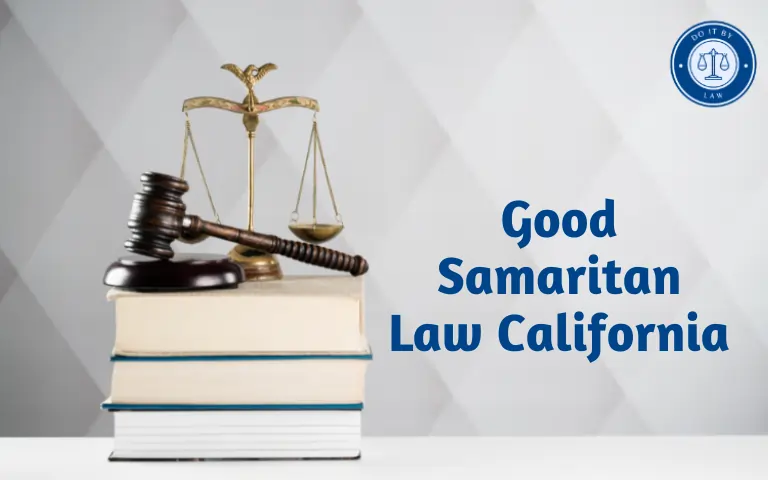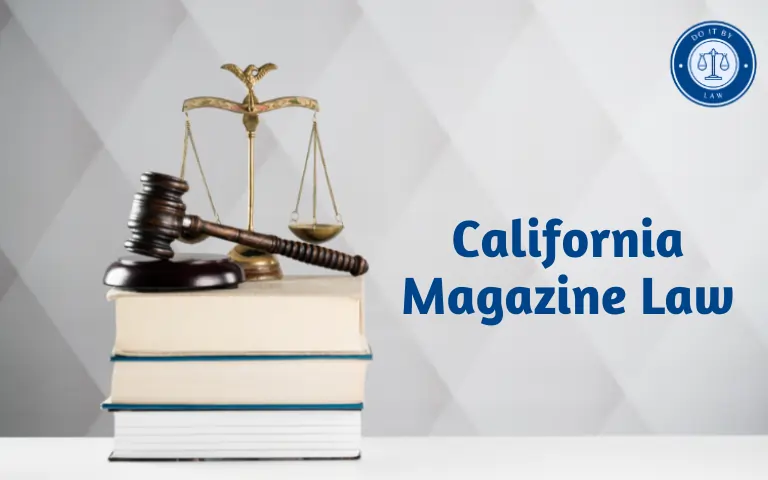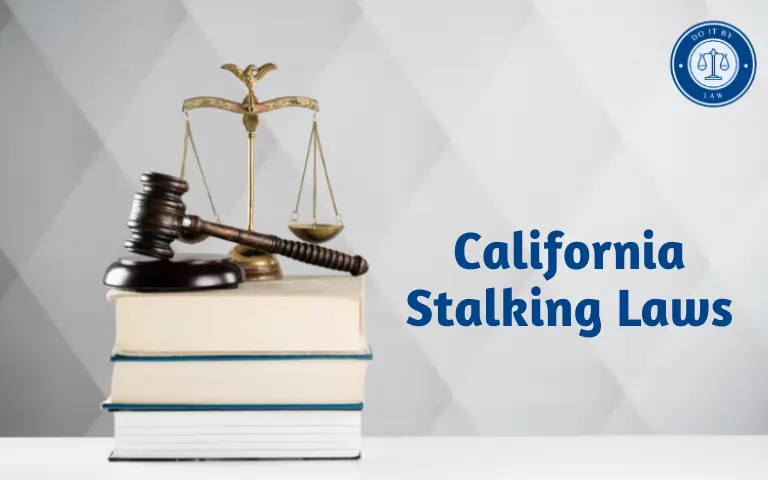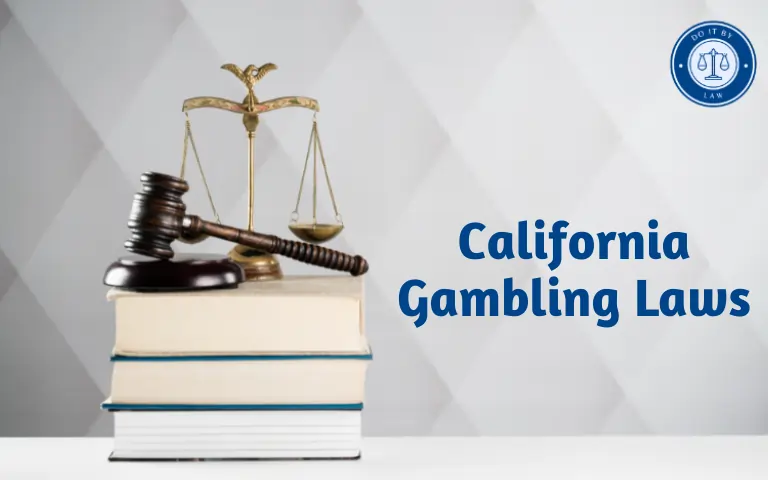Good Samaritan Law California: What You Need to Know
While we learned as kids to help others in need, legal fears often give people pause in emergencies. But Good Samaritan Law California State offers protections so being an everyday hero can prevail over hesitation. Let’s dive into this vital statute limiting liability for bystanders who assist during medical or drug overdose crises.
When California’s Good Samaritan Law Was Enacted and Why
- The initial Good Samaritan statute was passed in 1980 to encourage emergency medical care by restricting liability for voluntary acts.
- Additional provisions added over time covered opioid overdoses, food donations, missing person reports and disaster response.
- The law aims to save lives when minutes matter by removing responsibility worries and stopping quick action during crises.
Who California’s Good Samaritan Law Applies To
- Protections extend to anyone providing reasonable medical or drug overdose assistance in good faith, whether or not they’re licensed professionals.
- Those administering opioid antagonists like naloxone are also immune as are good-faith 911 callers, even regarding underage drinking reports at parties.
- The law shields donors, food banks, and distributors from providing free food like grocery items, restaurant leftovers, and agricultural produce.
Key Provisions, Requirements, and Restrictions
- Immunity applies to negligent acts or omissions only, not intentional harm or recklessness. Lifesaving intent is key.
- 911 callers must provide a name and stay on scene when reasonably safe. Anonymity exceptions cover limited situations like college campuses.
- Food donors and distributors must follow safety laws like labeling and contamination requirements to keep protections. No free pass for neglect!
Penalties for Violating Good Samaritan Law California
Since the law grants immunity, violations occur when:
- Gross negligence or willful misconduct is proven regarding medical or overdose assistance.
- Callers provide false information or flee without identifying themselves after 911 calls.
- Food donors flout health and labeling rules, risking public safety.
Good Samaritan Law California Recent Changes and Proposed Legislation
- Expansions continue broadening immunity for new areas like sheltering displaced animals during disasters and filing missing person reports.
- Attempts to require more 911 caller responsibility have struggled to pass, preserving anonymity protections.
Good Samaritan Law California Controversies, Debates and Challenges
- Critics argue anonymity enables campus sexual assaults and underage drinking rather than empowering victim reports.
- Balancing safety and accessibility for food donations while avoiding public health risks still poses challenges.
-granting bystander protections while still pursuing justice where gross negligence proves fatal remains an area of debate.
In Summary…
Knowing California’s Good Samaritan law grants immunity for compassionate responders removes a barrier to bystanders saving lives in times of crisis. Still, thoughtful action within reasonable legal bounds remains imperative.







